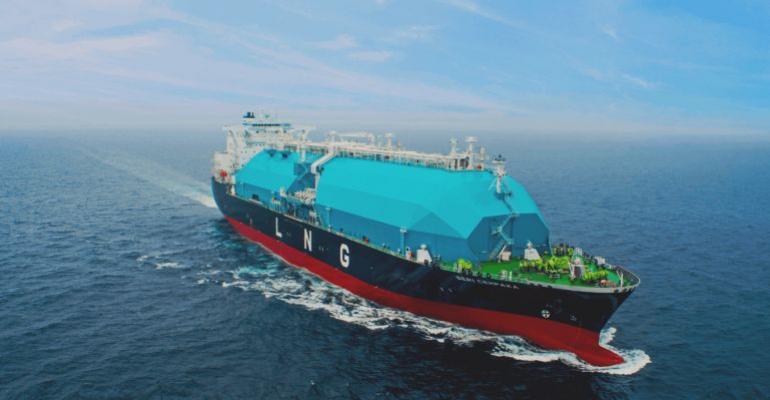As at December 2019, MISC, the shipping arm of Malaysia’s state oil firm Petronas, has a fleet of about 60 oil tankers.
Yee Yang Chien, ceo of MISC, told Nikkei Asian Review that the company is working on a hydrogen derivative as an option for introducing zero-carbon engines in the future. He added that MISC is seeking cooperation with other global partners to develop this.
The new greener tankers are expected to emit almost 100% less sulphur, cut emissions of nitrogen oxide by 85% and reduce carbon dioxide emissions by 20%.
The IMO has set a goal in 2018 to reduce greenhouse gas (GHG) emissions by at least 50% compared with a 2008 baseline.
The greener ships are to be built by South Korea’s Samsung Heavy Industries (SHI) and operated by AET, MISC’s petroleum shipping arm.
Yee noted that both the shipping operator and its clients are facing pressure from international organisations and investors to tackle emissions, part of the environmental, social and governance movement in improving asset management.
Yee was reported saying that there is indeed a financial burden of building ships with more environmentally friendly engines, which is a challenge for MISC as each ship will cost the company an extra $10m to $15m.
He suggested that in order to overcome the problem, MISC has to promote the ships with other partners including shipbuilders and clients to as to generate the benefits of scale.
“It will cost more, but so far there are certain customers who are prepared to pay the extra premium for ships (with reduced emissions),” he was reported saying.
“We do business with a global set of clients. When you look at our financials, historically we have done primarily LNG tankers with Petronas, but we are expanding beyond that,” Yee added.
MISC is currently focusing on the North Sea area around Norway for shuttle tankers, and shipping LNG from American and Canadian producers to Europe.
The company’s new business will be in the Atlantic Basin including South America, Africa and the Gulf of Mexico, where Petronas does not have existing operations. MISC is also trying to expand its offshore business in Brazil.
Copyright © 2024. All rights reserved. Seatrade, a trading name of Informa Markets (UK) Limited.
Add Seatrade Maritime News to your Google News feed.  |

